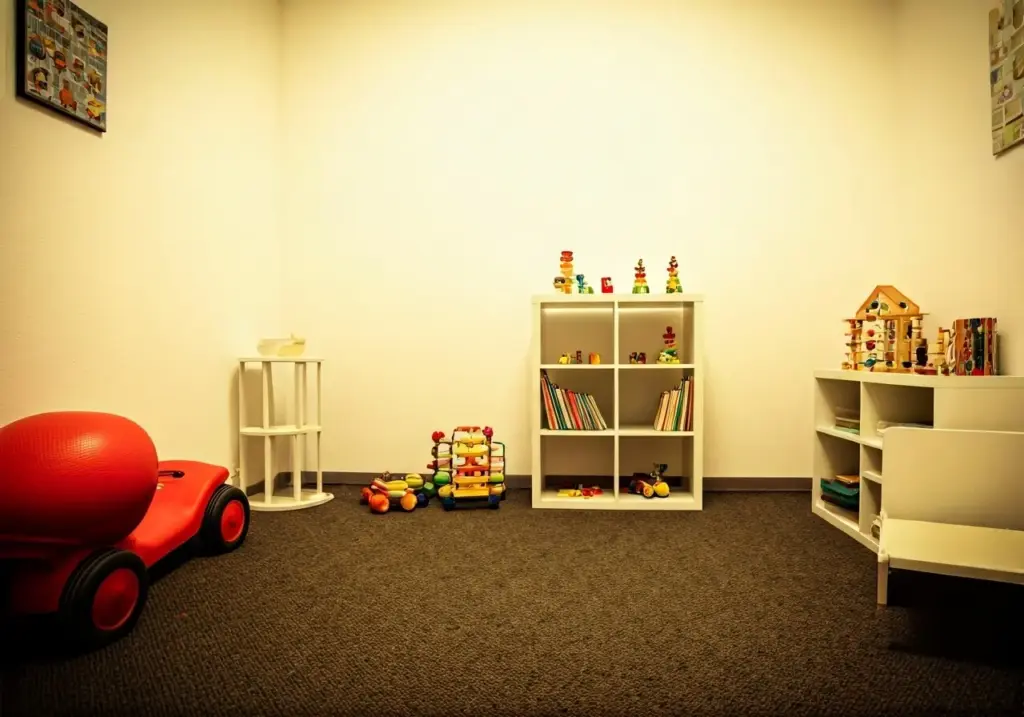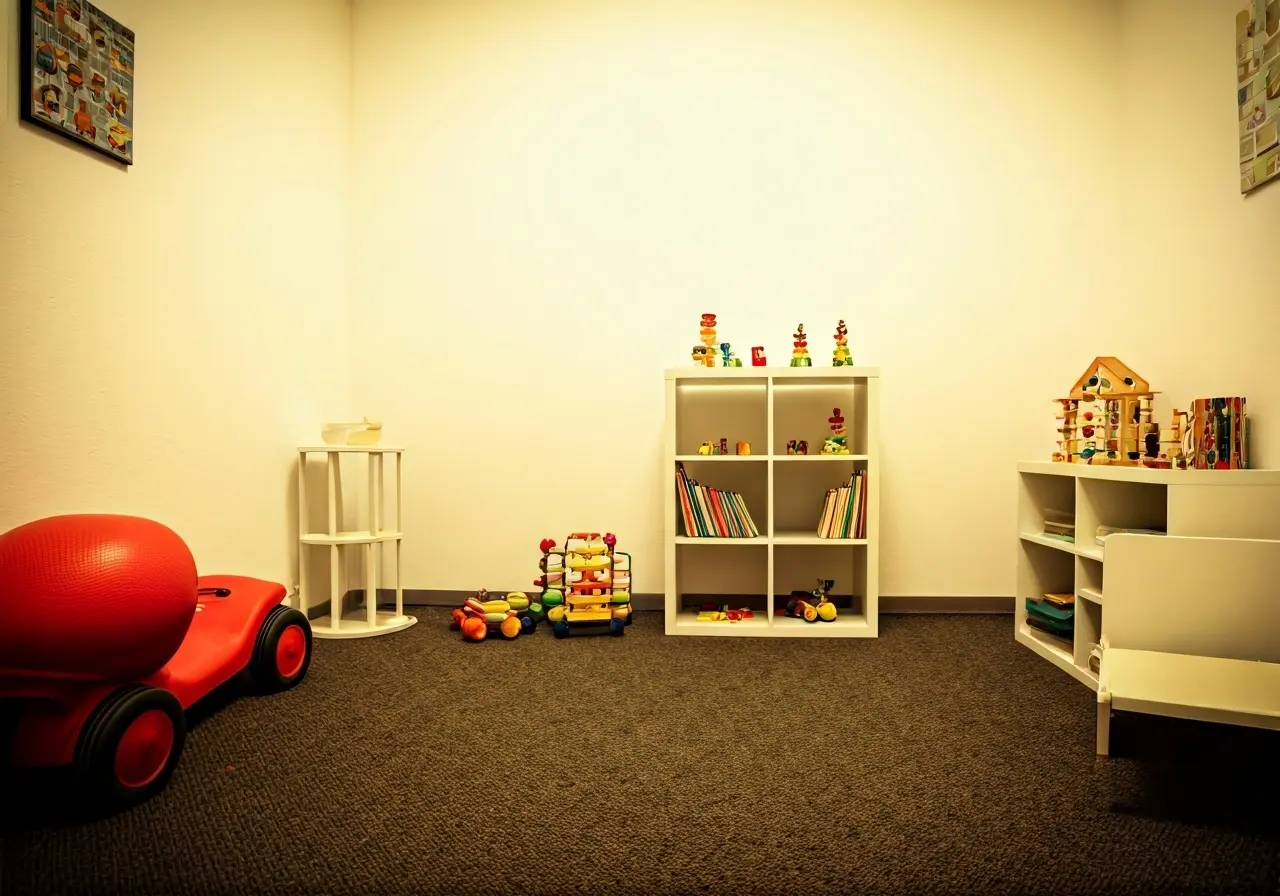In recent years, the importance of mental health has gained significant attention, making it crucial for psychologists to be equipped with specialized skills. Play therapy, renowned for its effectiveness with children, is one such area where certification can make a meaningful difference. This blog explores why obtaining a play therapy certification is essential for psychologists practicing in India.
Understanding Play Therapy
Play therapy is a therapeutic approach that utilizes play as a means of communication and expression, particularly for children who may struggle to articulate their feelings.
This method not only allows children to express themselves but also helps psychologists gain insights into their emotional worlds. Through play, therapists can observe behaviors, identify issues, and devise effective interventions.
In India, where many children may have difficulty communicating their distress, play therapy serves as a fantastic bridge, helping to overcome language barriers and cultural differences.
Moreover, incorporating traditional toys and activities familiar to children can increase their comfort levels, making the therapy more effective. This unique approach resonates well in the diverse cultural landscape of India.
Benefits of Play Therapy Certification
Obtaining a certification in play therapy enhances a psychologist’s understanding of child development, therapeutic techniques, and the emotional needs of children.
The certification process provides in-depth training in using various play techniques and approaches, equipping psychologists with tools tailored to meet individual children’s needs.
With play therapy certification, psychologists can confidently address issues like trauma, anxiety, and depression in children. They become skilled in creating safe environments where children can freely express themselves.
Furthermore, certified professionals are more likely to stay updated on new research and practices, ensuring their methods are effective and aligned with contemporary psychological approaches.
Meeting Professional Standards
Certification ensures that psychologists adhere to professional standards and ethical practices, which are critical for effective therapy.
By obtaining this credential, psychologists demonstrate their commitment to maintaining high-quality care, thereby fostering trust with parents and caregivers.
Additionally, play therapy certification often requires ongoing education, which means professionals are continuously enhancing their skills and knowledge base. This commitment to lifelong learning is crucial in the ever-evolving field of psychology.
Enhancing Career Opportunities
Being certified in play therapy can open up new career opportunities for psychologists, as it is increasingly recognized and valued in the field.
In many organizations and institutions, having a specialized certification can make candidates more competitive for positions focused on child mental health.
Additionally, those with play therapy credentials often have access to a broader network of professionals and resources, which can lead to collaborative opportunities and improved referral pathways.
As demand grows for mental health professionals skilled in working with children, the importance of this certification will continue to rise, making it a strategic choice for career advancement.
Impact on Clients and Families
Certified play therapists can better support children and their families, aiding in improved emotional well-being and healthier relationships.
This specialized approach allows therapists to tailor their sessions based on the unique needs of each child, fostering a therapeutic alliance that encourages openness and healing.
Moreover, play therapy certification emphasizes the involvement of families in the therapeutic process, empowering caregivers to engage positively with their children’s mental health.
Ultimately, the goal is to create a nurturing environment where children learn to express their emotions and develop coping strategies, benefiting not just the individual child, but the entire family unit.
Final Thoughts
In conclusion, play therapy certification provides psychologists with the advanced skills needed to effectively work with children and their families. This certification fosters professional growth and enhances the therapeutic experience, ensuring psychologists are well-prepared to address the unique challenges that young clients face.


